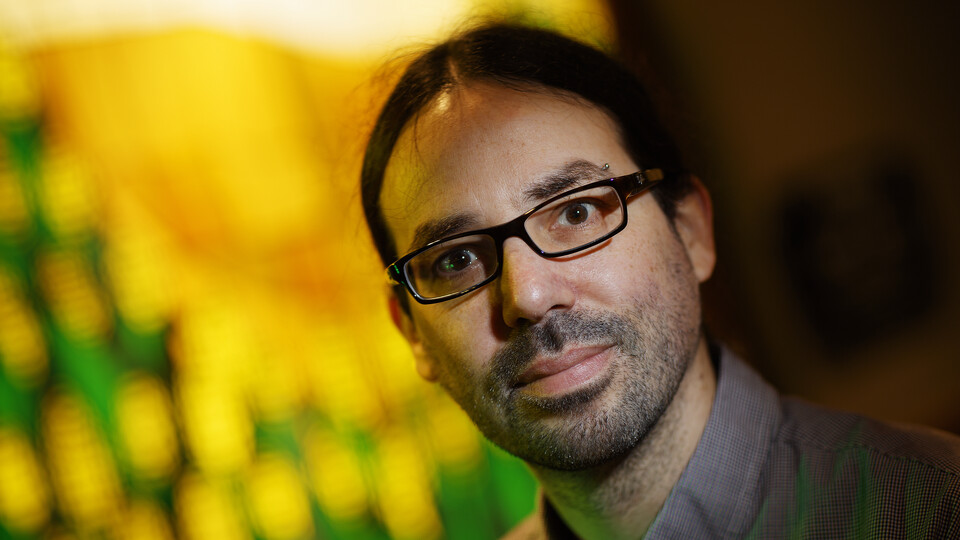There is a revolving discussion about religion, values and society. Nearly half — 44% — of Americans believe a person has to believe in God to hold good values, and religion is often associated with developing morals, but what happens when people lose their faith?
New research from University of Nebraska–Lincoln scholar Philip Schwadel demonstrates there is a “religious residue effect,” finding that religious “dones,” or those who have disaffiliated from religion, are still very similar to the consistently religiously affiliated in the values they hold.
Using the longitudinal, four-wave National Study of Youth and Religion, Schwadel and his co-authors measured how changes in religious identification over time were associated with values held. The NSYR used Schwartz’s circle of values, which is a predominant model of 10 values grouped into personal focus and social focus. The personal focus values are self-direction, stimulation, hedonism, achievement and power, while the social focus values encompass tradition, conformity, security, benevolence and universalism.
“The big takeaway is that those who practiced a religion and left are similar to those who still have a religion, especially in the conservation values — those values you would expect religion to have a particularly strong impact on, things like conformity and tradition,” Schwadel, Happold Professor of Sociology, said.
But the study also points out that values shifted after disaffiliating from religion. Religious dones were more likely than religious nones to endorse the values of self-direction, hedonism and achievement.
“Perhaps because new ways of thinking, seeking pleasure and fully displaying one’s ambitions and abilities are newfound freedoms among the religious dones that were previously inhibited or restricted in some religious contexts, though this speculation requires future empirical validation,” the authors wrote.
The religious residue effect for the values of security, conformity and tradition was seen most prominently in former Evangelicals.
“Those who left certain types of religions, especially evangelical Protestant religious groups, were most likely to still be similar to those who were religious, in terms of these conservation values of security, conformity and tradition, in particular,” Schwadel said. “Past research has shown that Evangelicals are more participatory and have had more exposure to the messages and ideas of their religion, which could help explain this finding.”
The study also included an understudied and emerging religious population, the sacralized, or those who previously were unaffiliated but joined a religious group.
“It’s a small group, but it’s likely to grow in the future, as more children who were raised without a religious affiliation become affiliated. Historically, very few children in this country were raised with no religion or little exposure to religion, but this is becoming more common now,” Schwadel said. “We found that the sacralized were more likely than those who didn’t have religious affiliation to emphasize some of these values of security, conformity and tradition, and in some cases even more so than those who were consistently religiously affiliated. They were even more likely to emphasize the security value then the consistently religiously affiliated.
“I think it’s an interesting question to look at, which we couldn’t do here, whether those that became sacralized emphasized the security value because that’s what they found in their new religious group, or if those who value security chose to find religion because they were predisposed to emphasize those security values.”
The research, co-authored by Sam Hardy of Brigham Young University, Daryl Van Tongeren of Hope College, and Nathan DeWall of the University of Kentucky, was published in the Journal of Personality.






